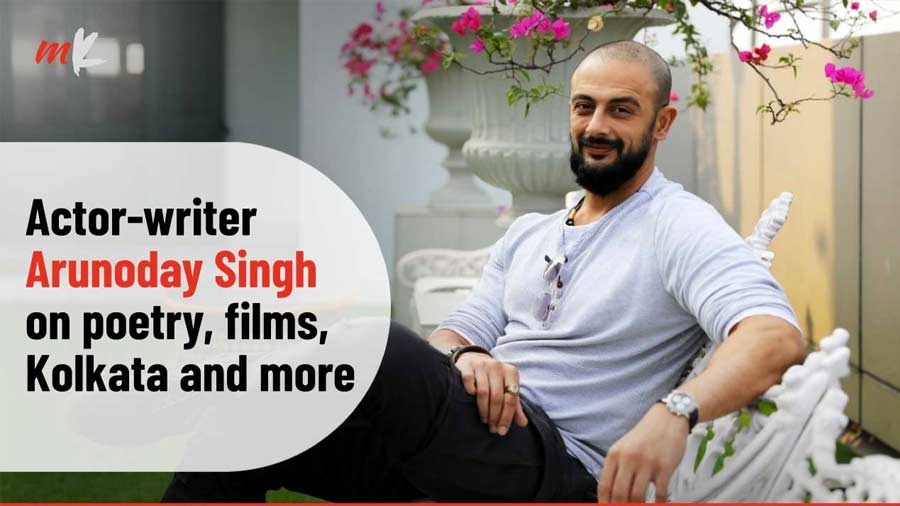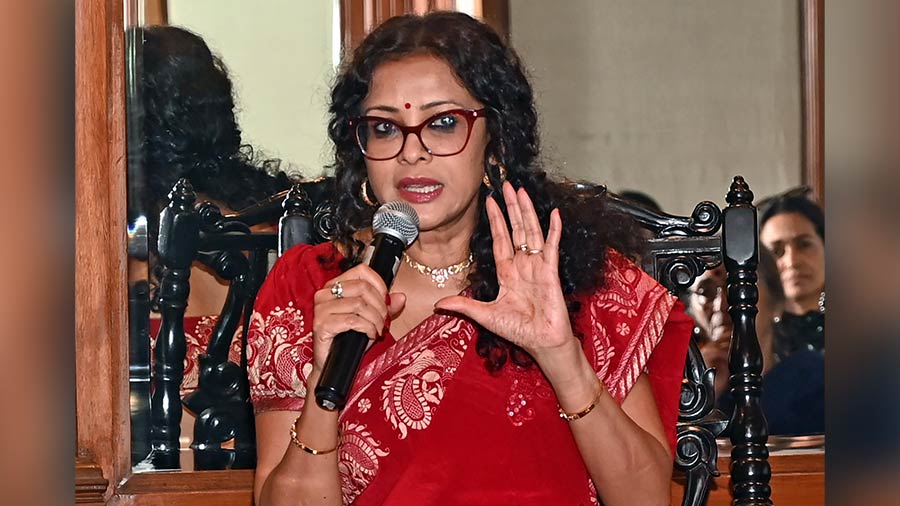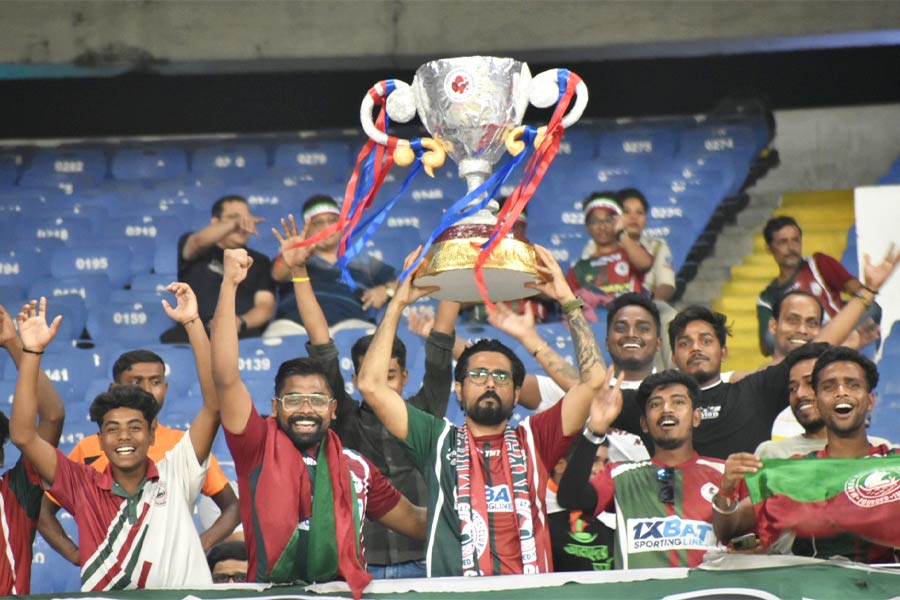Writer and translator — two roles close to each other, but eternally dogged by the debate over how much liberty the latter should take. Srinath Perur has played both roles remarkably well — as English translator of Vivek Shanbhag’s Ghachar Ghochar and author of the travel book If It's Monday, It Must be Madurai.
In Kolkata for the Apeejay Kolkata Literary Festival. Perur sat down for a chat with My Kolkata. Excerpts…
My Kolkata: What was your first impression of reading the iconic Ghachar Ghochar?
Srinath Perur: I enjoyed it very much. Also, I was contemplating translating it even then. I knew the author [Vivek Shanbhag]. He had given me a copy and asked me to read it, keeping in mind that I would translate it. So, I was not reading it purely as a reader. I was reading it as someone who might translate it one day.
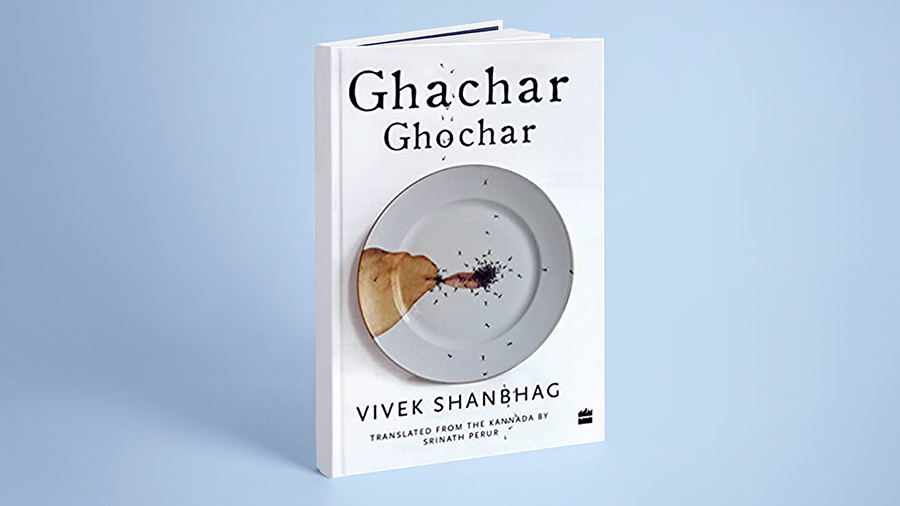
‘Ghachar Ghochar’ is a 2015 novella by Vivek Shanbag
Having graduated in computer science, what sparked your interest in writing?
I was working at a research laboratory and was interested in several things like literature, science, travel — all some form of self-exploration. I wanted to pull all these together in some way and I thought writing was a good way to do it. So, I quit my job and thought I’ll write for a little while and get back to working. But that never happened.
How much creative liberty can you exercise as a translator?
There’s no general answer to this. In my case, I’m working with an author who is very much around, with whom I have a good working relationship, I’m free to do what I feel is right because I know that Vivek [Shanbagh] is going to look at the book and let me know if his vision is being distorted in any way. There are cases where I have not had that freedom. For example, when I translated Girish Karnad, who was no more at the time, I had to be much more careful about being true to his exact words.
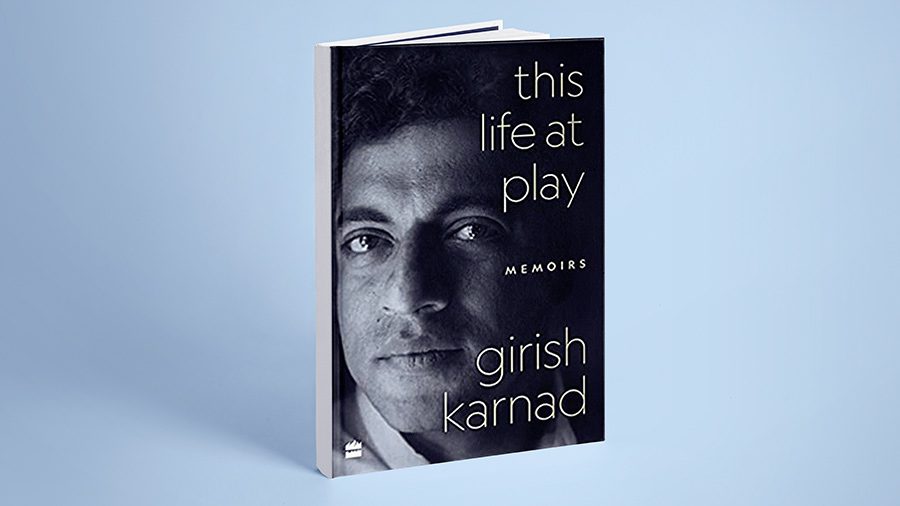
Girish Karnad’s ‘This Life at Play’ was partly translated by Karnad himself, and partly by Perur
‘Lost in translation’ is a phrase that translators hear quite often. Do you think ‘lost in translation’ only happens during the process or also while the reader absorbs the text?
I think there is a possibility of things being lost when you are reading anything. It doesn’t only have to be a translation. You could read something in the original language and still not receive everything that is there. That is fine. I think when you talk about this loss, this is something that happens in the potential of a book. If there is no potential for a book to be read in a certain way that it could be read in the original, then maybe you can talk about lost in translation.
But I would like to point out that there are also gains in translation sometimes. Not too many people talk about that. It is a process during which books can change. One of my favourite translators is Anthea Bell who translated the Asterix comics from French to English. She had to fit the translations into that speech bubble. All the puns from French didn’t work in English. So, she had to make up new ones and they are great fun to read. Many people who have read both languages say that the English ones are probably better than the French originals. So, I’m not saying this has to happen with every translation, but just that there is the capacity for that to happen as well.
Your book, If It's Monday, It Must be Madurai, is all about travel. What is that one thing about travelling that keeps you going?
I think it’s the ability to see myself against different backdrops. I like the freedom it gives me to not be the same person. You go to a new place, nobody knows you and you don’t know anyone. You can be anyone you want. So, you are not limited by yourself when you travel.
How has your experience of visiting Kolkata been?
This is my third visit. I am being blown away by the street food here. I love going to all these small shops and having luchi and other things. I am just amazed at how cheap the food is here compared to other large cities in India. I also love the sweets here. Winters are a great time to be in the city for that reason.
How different are the processes of translating and writing from each other?
There are big similarities, in the sense that translation is also an act of writing. So, you have to do the same work. If you are translating fiction you have to be a good fiction writer. If you translate poetry, you have to be a poet. But that said, there is no terror of the blank page when you are translating because you have something to work on. You could decide if you are going to finish a certain number of words a day and do it, which is not necessarily the case when you are writing your own stuff.
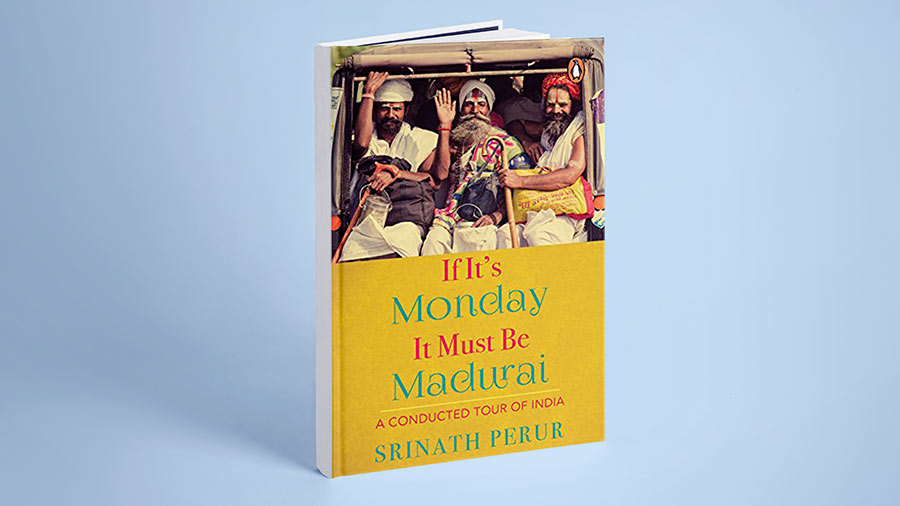
‘You can be anyone you want’ when you travel, says Perur
Are there any reading trends you have noticed in 2022-23?
I think there will be more and more translations and they will continue to gain their rightful place. Human experiences change because of language and geography and that is well expressed in all our regional languages. More of those [stories] will continue to be translated so that people have access to the experience of others.
What is your message for young translators?
Don’t be reverent. Many translations I have read in the past have been ruined by being too reverent to the original text. I think maybe that is something that translators could avoid. It goes for authors as well. Authors should have a mindset where they give more freedom to the translators and sit with them a bit more. I have found it enormously beneficial to work with the author involved in the process.
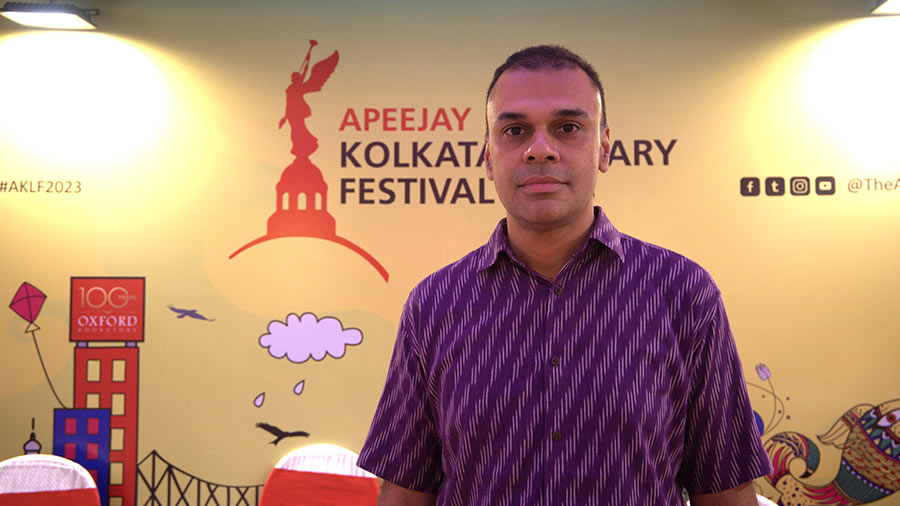
The author-translator was in Kolkata for the Apeejay Kolkata Literary Festival and part of a panel on translations across India
Literary Rapid Fire
One book by your bedside which is not by you or translated by you
- The Lonely City by Olivia Bleach
Your favourite corner for reading?
- I read while walking through audio books.
Your favorite corner for writing?
- Wherever I am when the deadline draws near
Digital or paper...how do you like to read?
- Digital, because I travel a lot.
Any quirk/habit without which you cannot get into the creative process?
- I don’t have a creative process
Translator or writer, which role do you relate to the most
- Writer
A sneak peek into your next book?
- It’s going to be a translation of Vivek Shanbhag’s next book, maybe in the middle of this year at some point


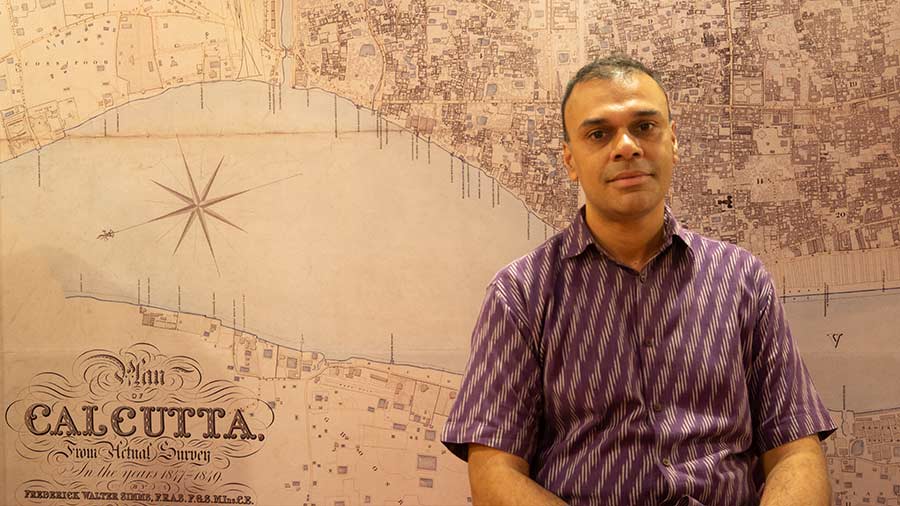
 , died this morning aged 82. She was a literary giant: among great C20th/C21st translators, whose work included Kafka, Sebald, Zweig, Freud, Willy Brandt, Simenon, Goscinny et al.
, died this morning aged 82. She was a literary giant: among great C20th/C21st translators, whose work included Kafka, Sebald, Zweig, Freud, Willy Brandt, Simenon, Goscinny et al. 